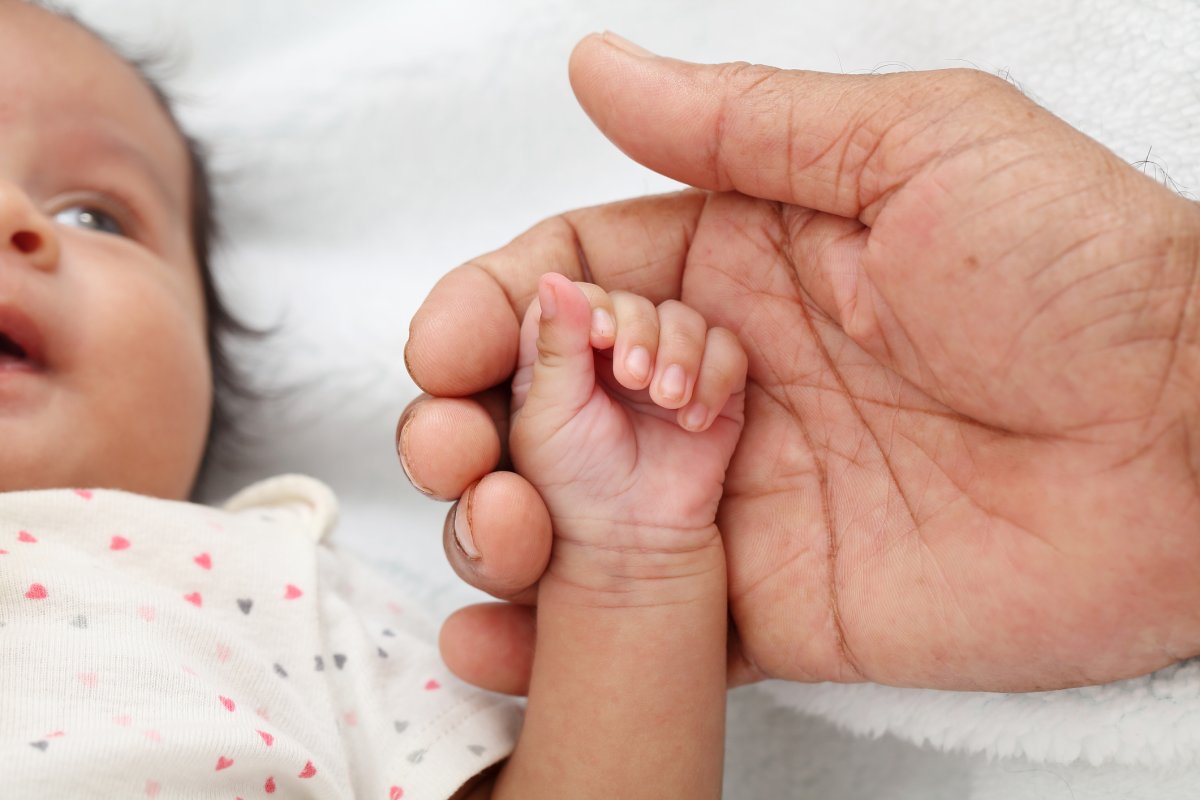Researchers at Lawson Health Research Institute and Western University in London, Ont., are hoping to recruit 300 people who have given birth at London Health Sciences Centre during the pandemic for a study looking into potential health impacts associated with the COVID-19 pandemic.

Researchers hope that, once complete, the data will be used to help improve post-partum care.
“This has been a stressful and pivotal time for everyone in the world, but we know the post-partum experience can greatly affect both the birthing person and their baby, in the short and long term,” says associate scientist and OB-GYN Dr. Genevieve Eastabrook.
“We know perceived stress in the perinatal period may have a contribution to health later in life for the birthing person and their children in terms of overall cardiovascular and metabolic health, bonding experiences, and risk of mood disorders.”

The London research team is using a holistic approach known as “One Health,” which explores how various risk factors and social determinants of health all interact to affect health.

Get weekly health news
“It’s important for us to think of the environment as all of our surroundings, including the things around us like health care, grocery stores, education and employment,” says research student Mei Yuan.
“The purpose of this study is to look at the pandemic response rather than the pandemic itself. We know that even if women haven’t been infected with COVID-19, it doesn’t mean they haven’t been impacted.”
The study will see participants complete a 30-minute questionnaire at six to 12 weeks after their delivery, focusing on “perceived stress, postpartum depressive symptoms, perceived social support, the impact of COVID-19, health-care access and breastfeeding.”
Data will be linked to participants’ medical records, researchers say, to look for associations between their answers and their health outcomes.
Study data will then be compared to the nationwide Maternity Experiences Survey from 2007, which looked at “experience, perception, knowledge and practice during pregnancy, birth and the early months of parenthood.”
Eastabrook says the 2007 survey results will allow them to compare their data to see “whether or not there are differences in markers that increase risk of depression, perceived stress and lack of social support.”
“We will also look at some unique things from the pandemic, such as how the use of virtual care for antenatal, postpartum and baby care impacted people’s experiences,” she says.
Those looking to participate can email the Pregnancy Research Group at pregres@uwo.ca, researchers say.












Comments